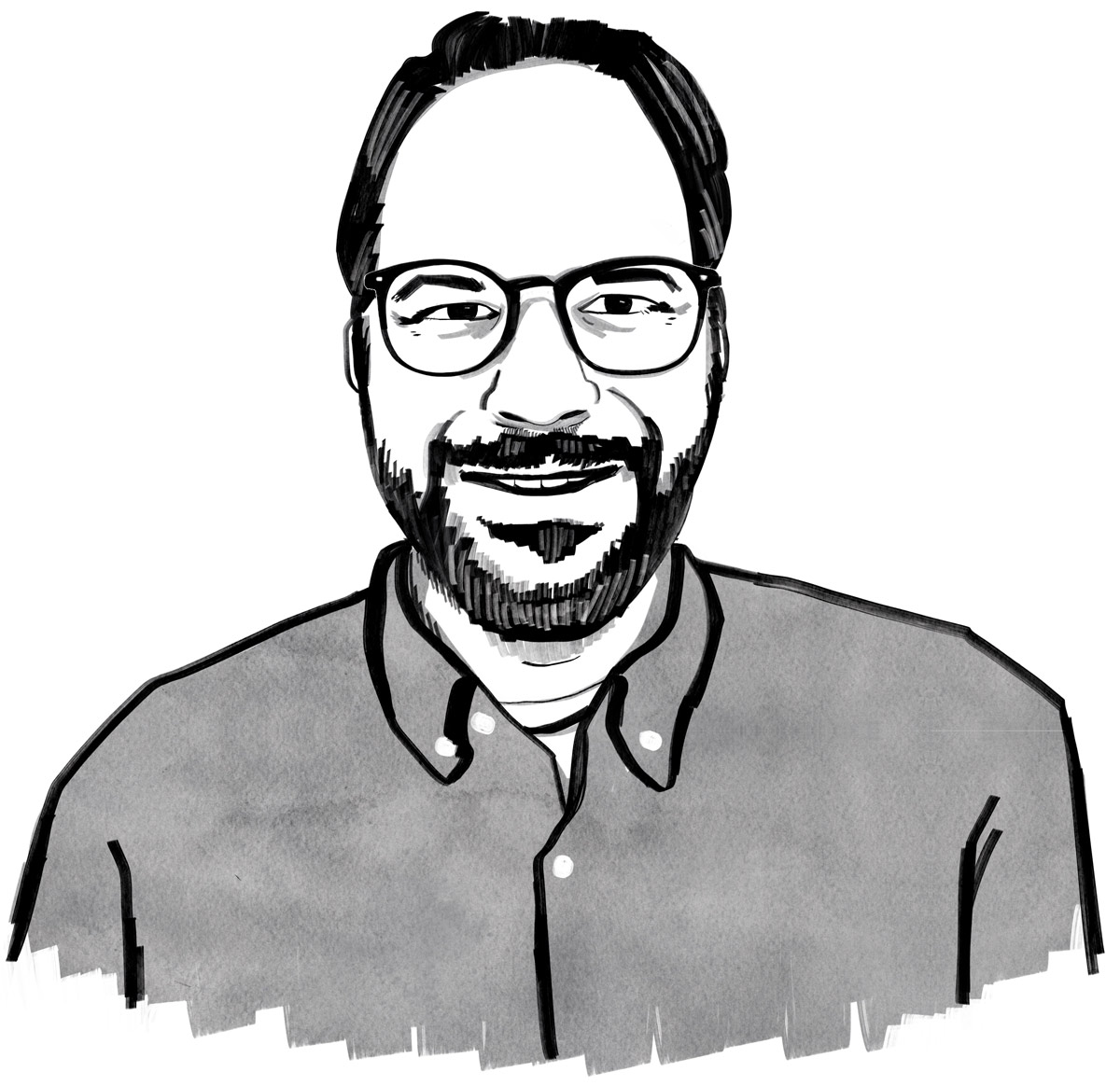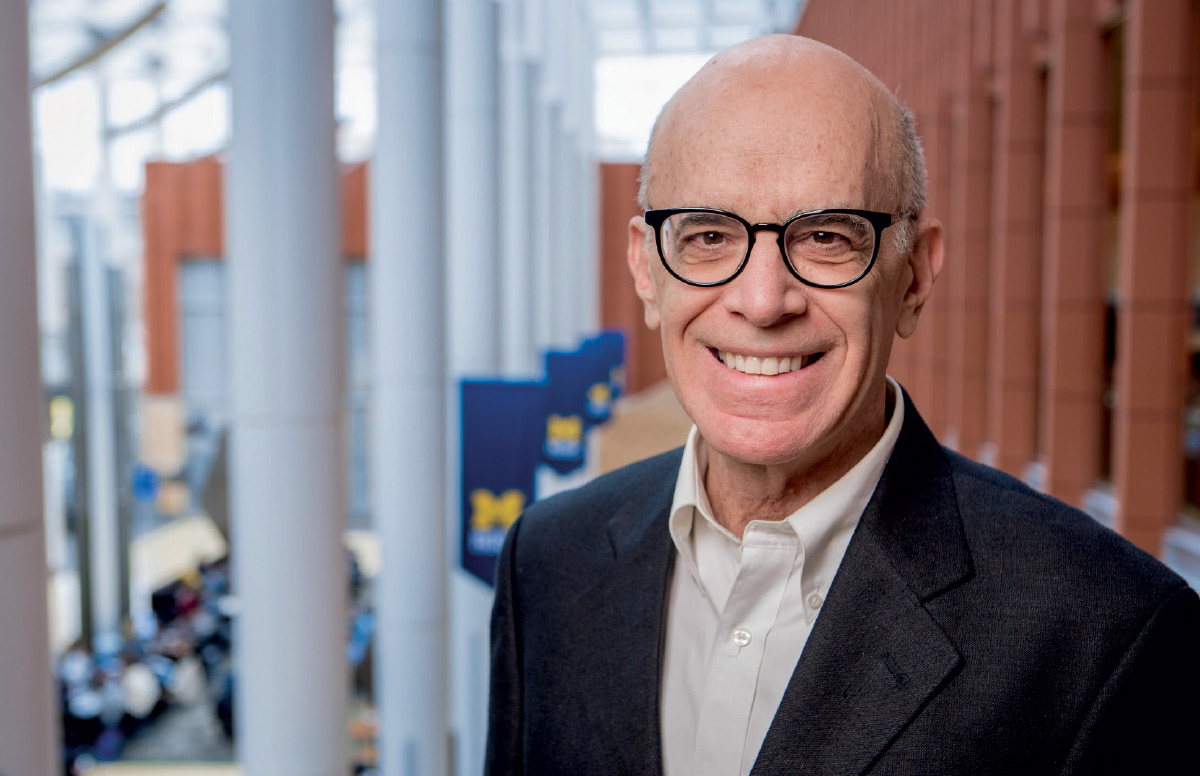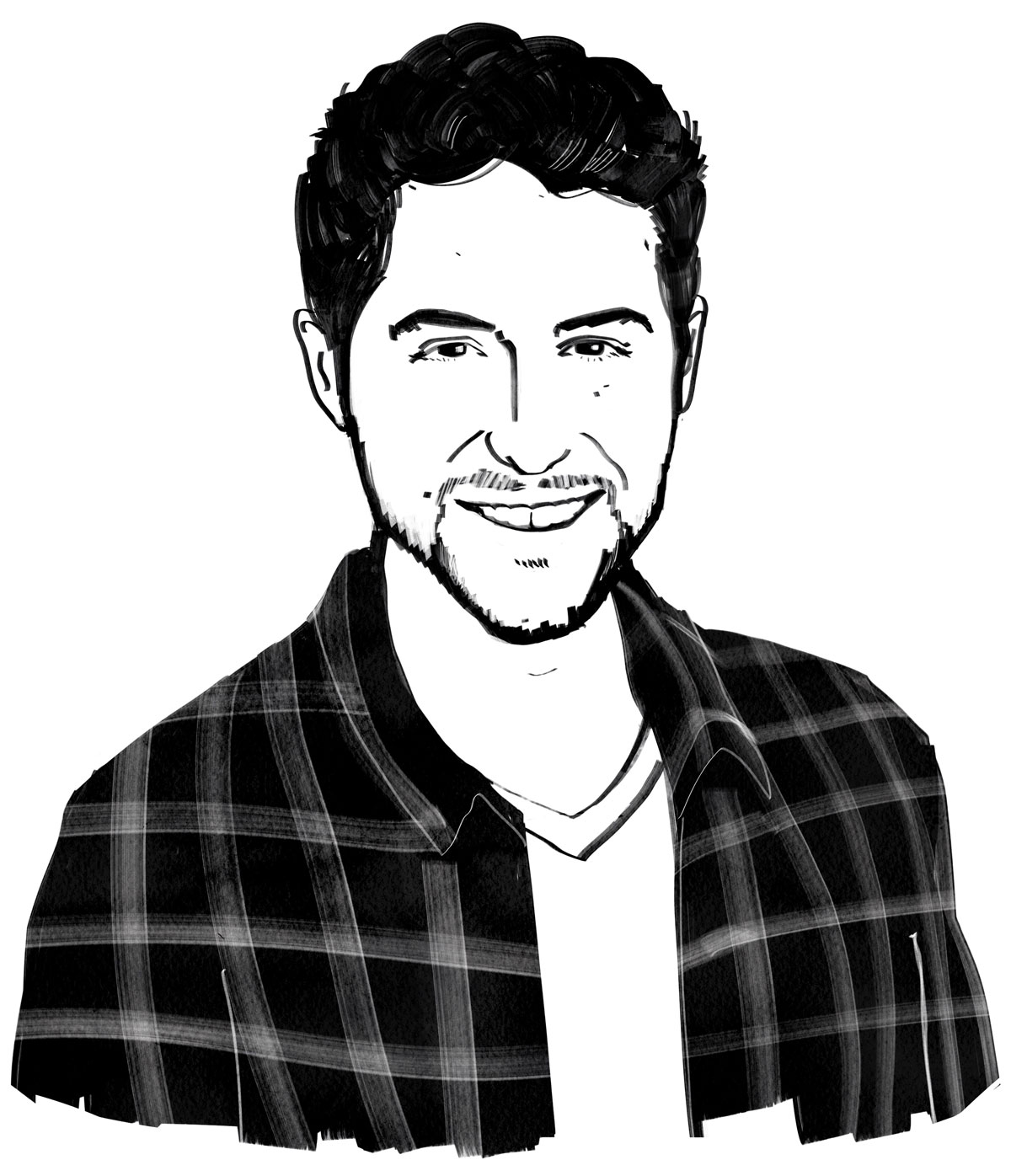
Powers
of
Voice
photograph by
SALLY MONTANA

Powers
of
Voice
photograph by
SALLY MONTANA
Almost all Hollywood filming stopped in the second quarter of 2020, which ran from April to June. The Los Angeles Times reports that only 194 shoot days — the lowest total on record — were completed during that span. That’s a 97.8% decrease from the same period a year before.
By July, some advertising shoots and limited TV production began to return, but a full comeback was far down the road. “Arts and entertainment professionals may likely be some of the last workers able to return safely to their jobs,” Liz Shuler, secretary-treasurer of the AFL-CIO, said at the time.
But even as the COVID-19 landscape looked dire for much of the industry, one category of professionals kept rolling. Those who use their voice to advertise products, tell stories or act in animation have discovered their professions to be among the few pandemic-proof ones in the business.
Working from closets and home recording booths, these vocal storytellers have seen little slowdown even as their on-screen friends have struggled.
“I’m so grateful that this part of the industry is still up and running,” says voice director and actor Mary Elizabeth McGlynn ’88.
The road to career success wasn’t easy. Getting hired as a video-game character, the hero in a popular anime series or the voice of Dairy Queen takes more than a smooth sound.
“That’s just a starting point,” say Blaze Berdahl ’02, whose range of work includes promos for HGTV and Jack Daniel’s. “These skills come with years of experience, and I’m still honing them.”
While advertising seeks the widest possible audience, another group of voice professionals takes a more targeted approach.
Micah Schweizer ’00 creates radio shows and podcasts for Wyoming Public Media. While its radio side is a near monopoly (in some remote parts of America’s least populated state, it’s literally the only station on the dial), Wyoming Public Media’s podcasts must compete against a million others.
Schweizer’s shows, such as The Modern West and HumaNature, have found success not by widening the focus but by narrowing it.
“You’re not thinking about an audience as this large slice of America,” he says. “You’re making the podcast for one person and really meeting that person’s need. Odds are there are other people who are similar to that person out there. And that group of people will form your audience.”
Berdahl’s first gig was as Ellie Creed, the daughter of a tormented doctor in the 1989 film Pet Sematary, based on the Stephen King novel. Three years later, she played a young detective in the PBS children’s series Ghostwriter.
“But it was not for me. I had a few bad experiences with fans that just burned me,” says Berdahl, who grew up in New York City. “Part of going to Bucknell was getting away from all that and experiencing something different.”
After graduating with a double major in economics and political science, Berdahl returned to the entertainment industry but focused on advertising voice-over work, which allowed her to be creative but maintain a level of anonymity.
For each client, Berdahl develops what are essentially microcharacters. She varies her cadence, pitch and energy level to craft the perfect sound. She can be summery and energetic while inviting you to try a Dairy Queen Blizzard or gritty and ominous when introducing a new true- crime podcast from A&E. In her work doing promos for radio stations across the country, she can sound like a lifelong resident of Seattle or Virginia Beach or Chicago.
“To have range — that’s where acting comes in,” she says. “If I believe I’m your cool babysitter telling you about that new show on Nickelodeon or that sexy bar-tender telling you to try Jack Daniel’s or that mom from Middle America talking about Kraft cheese, then you’ll believe me as those people.”
Berdahl began working from her home in New Jersey long before the pandemic hit. Years ago, she used the funds from a lucrative gig to purchase a soundproof recording booth.
“I felt really grateful to have a home studio in place,” she says. “I know how lucky I am to be able to work from home.”


MICAH SCHWEIZER ’00, production director at Wyoming Public Radio


It was the continuation of a long-simmering fascination with radio. Two of his friends’ dads worked in broadcasting, and the teenage Gordon staked out a corner of WABC-AM’s New York City studios to study the techniques of future Radio Hall of Famers such as Dan Ingram, Scott Muni and “Cousin Brucie.”
Later, inside the WVBU studio, which was then lodged in the basement of the Carnegie Building, Gordon found a hangout that seemed to attract Bucknell’s most creative students. He discovered a group where everyone fit in by being themselves.
“We had preppies. We had nerds. We had sports nuts. We had folk-music kids, rock ‘n’ rollers, R&B lovers, the classical-music kids and jazzers,” Gordon says. “When I became station manager, I learned that one of the keys to making WVBU a success was to tap into the diversity of skills, backgrounds and personalities we had.”
Gordon, now a professor at the University of Michigan’s Ross School of Business and frequent commentator on live radio, says Bucknell and WVBU provided an environment that inspired experimentation. It was a safe space “where you aren’t clobbered if you start by failing.”
Gordon says he uses those lessons daily, in the classroom and during regular appearances on NPR, Bloomberg Television and Radio, and CNBC.
From either of two identical setups for live radio — one at home and one on campus — Gordon shares his expertise on topics such as entrepreneurship, technology mergers and reorganizations, and biomedicine. He provides context, explains complex topics and dissects business headlines — all in tidy soundbites designed to educate strangers before the next commercial break.
“When I’m on NPR or CNBC or Bloomberg, it’s just like WVBU,” he says. “I have to communicate with people I don’t see. WVBU gave me an opportunity to stumble, grow and figure out what works. Although it was an extracurricular activity that probably dented my GPA, it turned out to be a big influence in my career.”
It was 1995, and McGlynn had a guest role on Xena: Warrior Princess. During filming, Cher fell on top of McGlynn, dislocating her kneecap.
Unable to work on camera for six weeks, McGlynn was rescued not by a warrior from Ancient Greece but by a friend from Los Angeles. The friend introduced her to a studio that created English-language voiceovers for Japanese anime.
After that, her career skyrocketed. McGlynn’s credits include hundreds of acting, singing and directing jobs for TV, movies and video games. Her favorite role, the aforementioned crime-fighting cyborg Major Motoko Kusanagi in the anime series Ghost in the Shell, helped McGlynn build the confidence necessary to create a character using only her voice.
“As an on-camera actor, I did a lot of roles where I was the victim needing to be rescued,” she says. “For the first time, I played a very strong female character who was doing a lot of the rescuing herself. She helped me find my strength.”
McGlynn says she has been heartened by the recent national conversation over the use of white voice actors to play nonwhite characters in animation. (The issue was also raised when Scarlett Johansson was cast as Major Kusanagi in the 2017 live-action version of Ghost in the Shell.) In recent months, white actors on animated shows such as Family Guy, Central Park and The Simpsons have committed to stop taking those roles.
“I’m seeing more and more diversity in animation,” McGlynn says. “There’s still a long way to go, but I feel like the industry is changing.”

So in summer 2011, Burns and his dad built one in the small backyard of Burns’ LA rental using $1,000 in supplies from Home Depot.
In the decade since, Burns has voiced hundreds of characters on anime series such as JoJo’s Bizarre Adventure, children’s shows such as HobbyKids Adventures and video games such as Final Fantasy XV and the 2020 remake of Final Fantasy VII.
“Oftentimes, I roll out of bed and check my email, and it says ‘Griffin, you’ve got a thing at 2. Can you do it?’ ” Burns says. “I just get so excited to not know what’s next.”